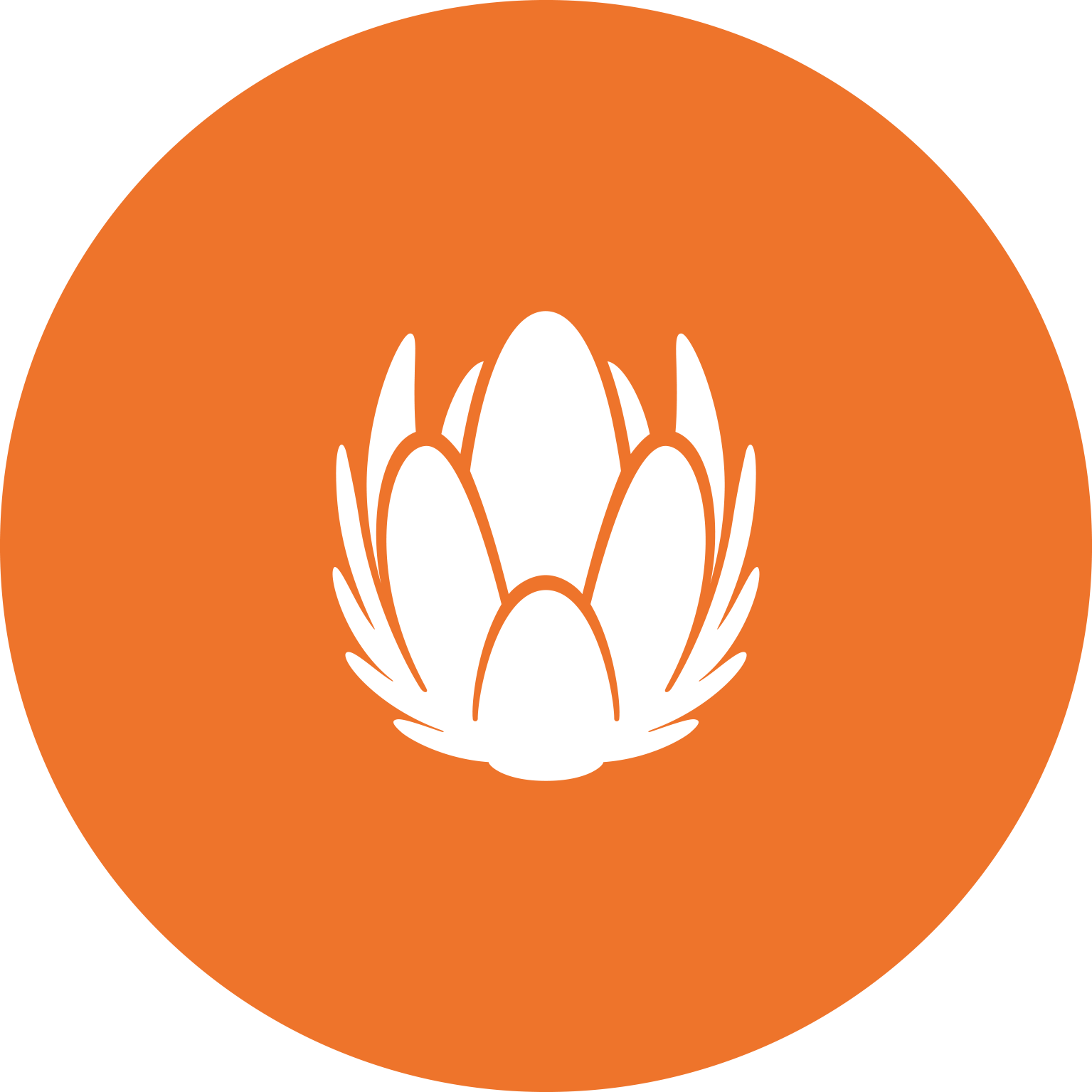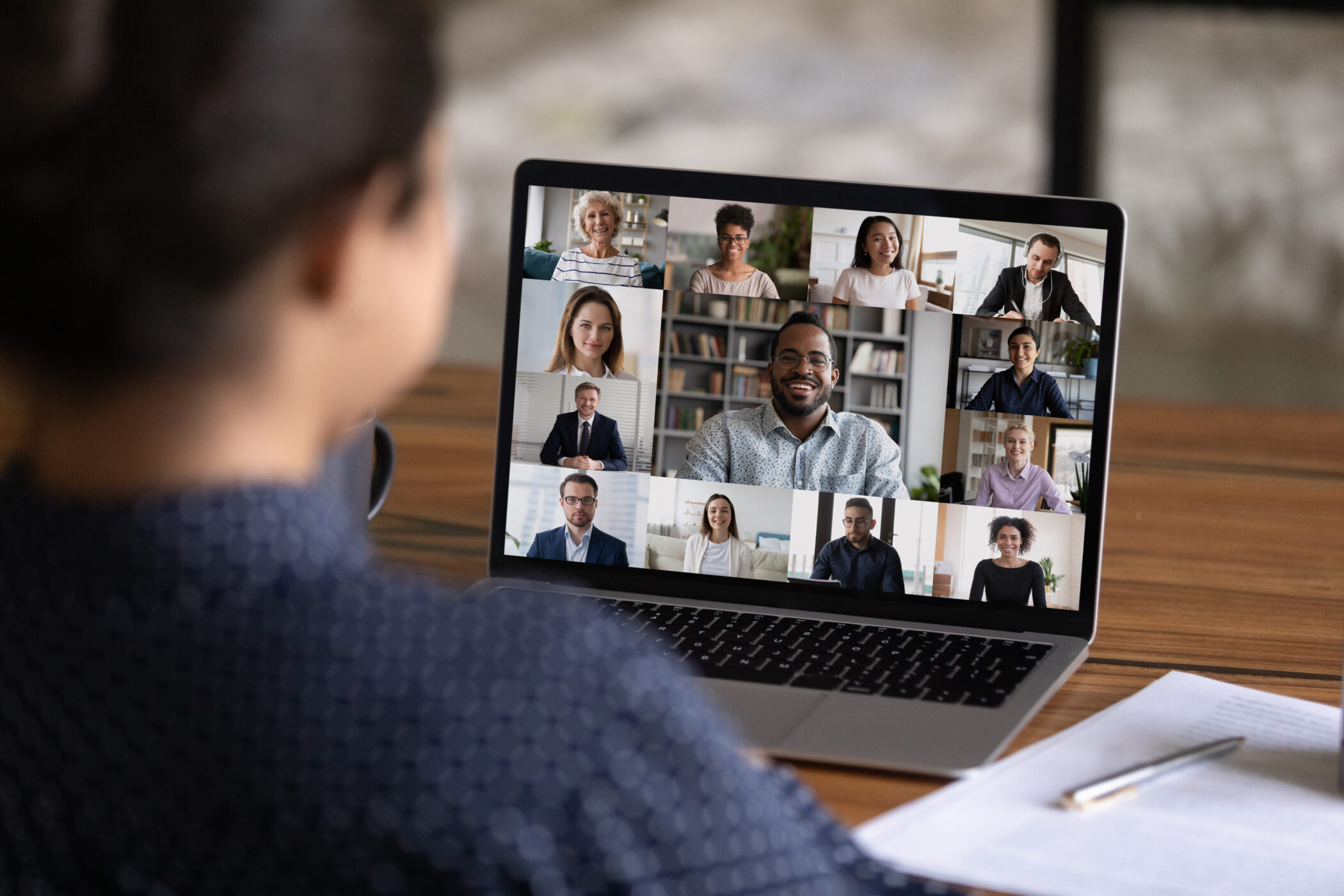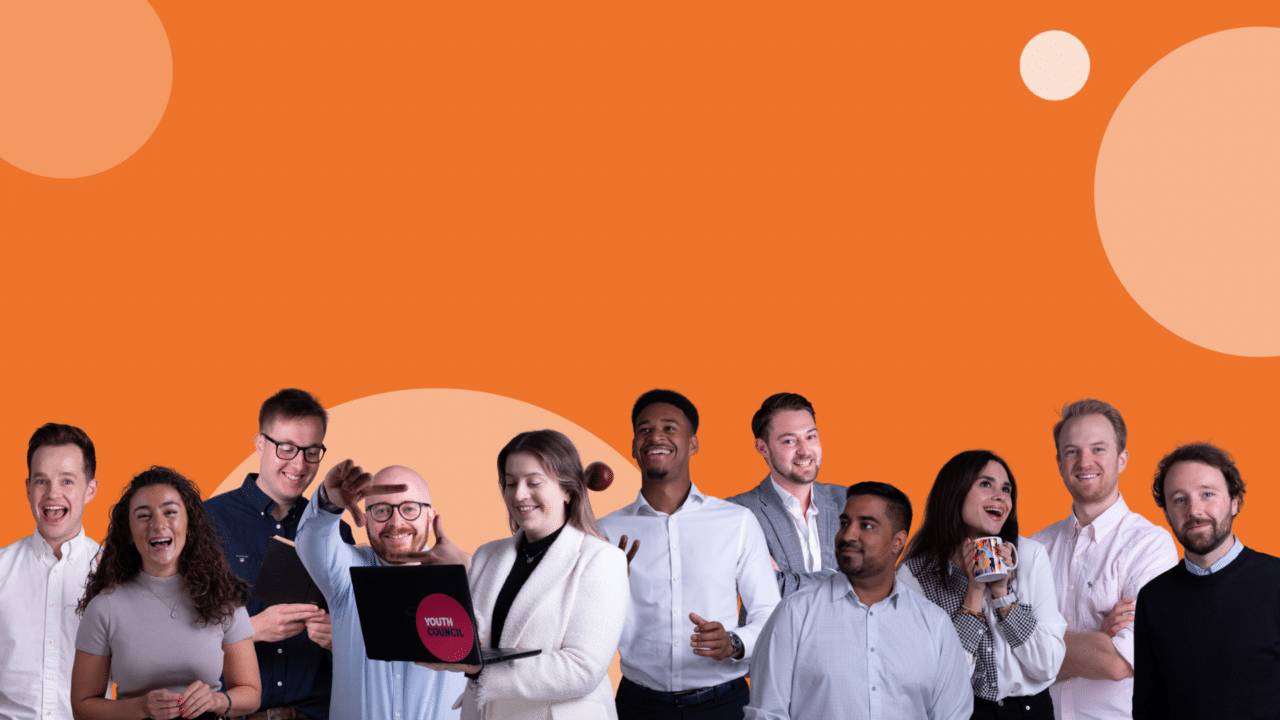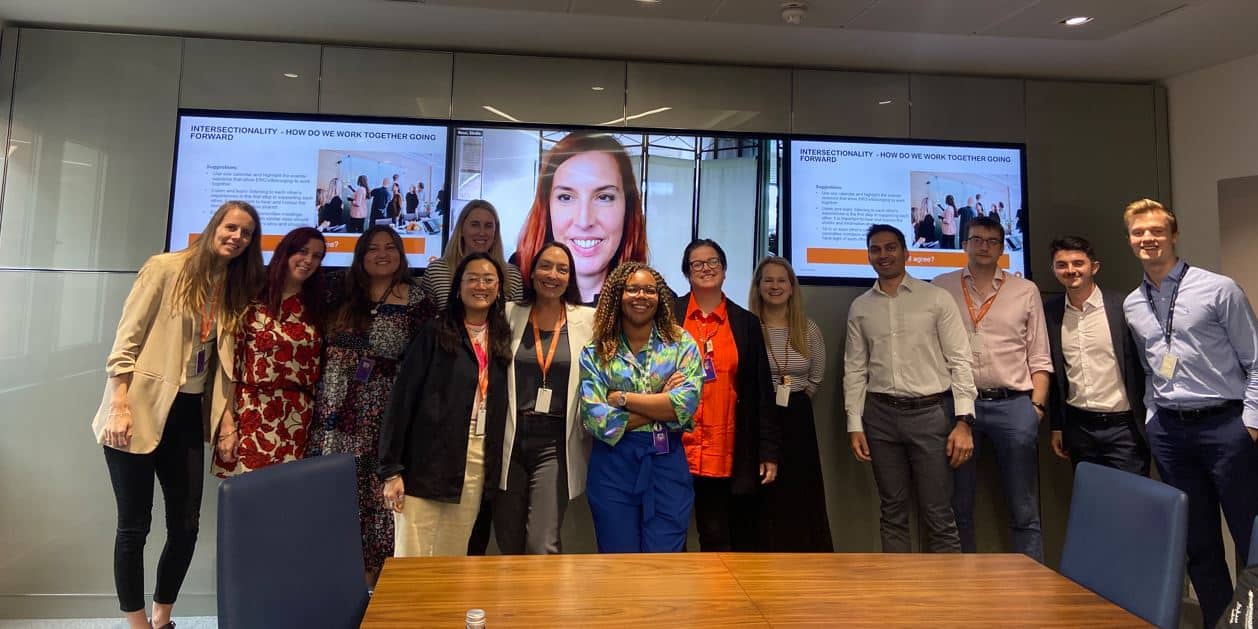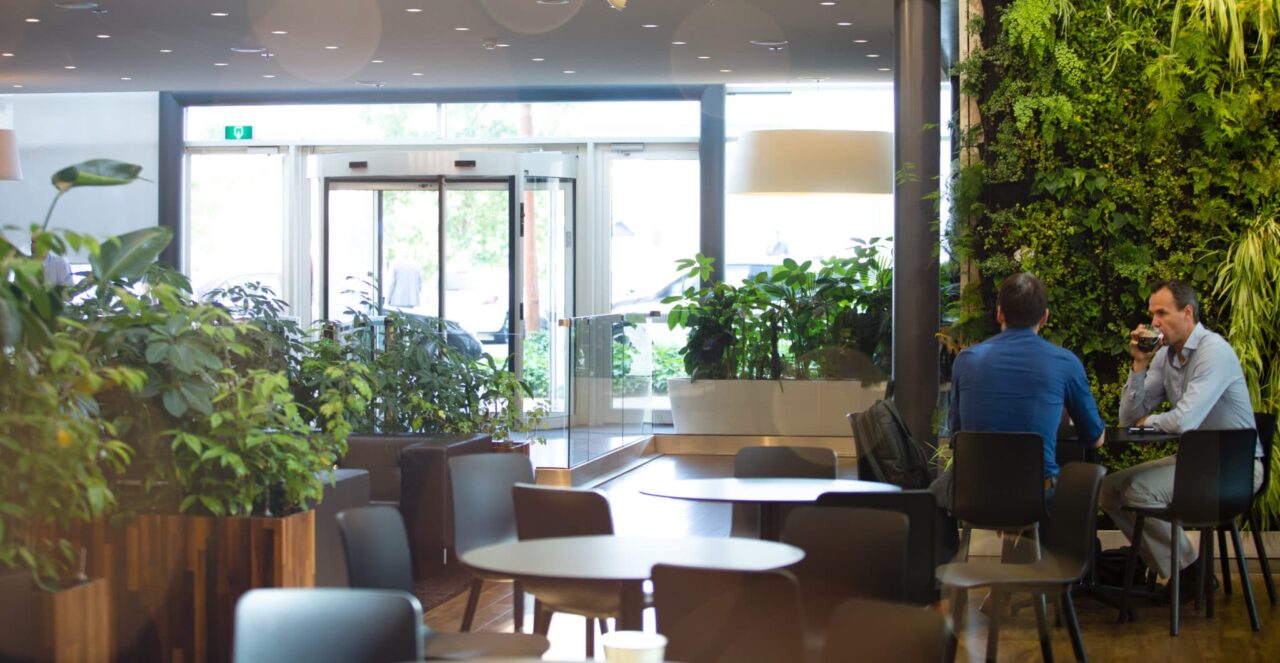After a year of remote working, it’s unlikely we will ever go back to the traditional nine to five. Many businesses, including ours, are considering a “hybrid” approach for some roles – with work time divided between home and the office. Some companies, such as Twitter and Microsoft have told their employees they can work from home indefinitely.
According to a study by Deloitte, commissioned by Liberty Global – The Future of Work is here – individuals, business leaders and governments will have to adapt to new levels of uncertainty and complexity in order to thrive in this new world. But it says there are huge opportunities too – including the creation of flatter hierarchies and a more diverse workforce, less time spent commuting and a better work/life balance. We are at a major inflexion point in the way we live and work; we should embrace these opportunities with an open mind, and never look back.
Earlier this month I moderated a panel to coincide with the publication of “The Future of Work is here” report, with a stellar line-up of experts from the worlds of education and technology, the private sector and the European Commission.
Everyone agreed that we were on a voyage of discovery. It was a journey we had already embarked on before Covid-19, but it had been accelerated to warp speed by the pandemic.
One of these accelerated trends relates to the skills needed in this new world. According to Toby Peyton Jones, a non-exec director in the technology and education sectors: “The skillsets we need are being driven by the mega-trends that were already in place – the technology revolution and the different ways in which we were already starting to operate”.
He said the “knowledge-heavy” aspects of work are already being automated, so people will need to have a broad range of skills – or “meta skillsets” – that cannot be automated. So someone working in finance, for instance, where most of the technical side will be automated, will do well if they also have project management, commercial, customer and leadership skills – a “meta skillset” that cannot be replicated by a machine.
Another trend accelerated by the pandemic is agile working. Amy Blair, SVP and Chief People Officer at Liberty Global said: “If you look at the speed with which we responded to the crisis, that agile theory around empowered employees and flat organisation has proven the [benefits of] that agile theory”.
While employees need new skillsets, so do their leaders. Adam Spearing, EMEA Field CTO for Salesforce, thinks that trust and ability to communicate are now the most important skills a leader can have. “People come to work to do a job. But you have to be really clear about what you expect. Communications skills from the top of the organisation to the bottom are more important than ever”, he said.
He believes clear communication is one of the main ways of ensuring people retain a strong sense of a company’s purpose, even when working virtually. “It comes back to that fundamental question of ‘what are you leading that team for? What’s the purpose of your organisation and the purpose of your team.’ And you need to crisply articulate that.”
One of the clearest benefits of the new way of working is the opportunity to embed greater diversity within organisations. According to Amy Blair: “Introducing new flexible work arrangements enables us to reach a broader talent base. We can reach under-represented groups and people with scarce skillsets. Also, we know that women value the flexibility; they were 22% more likely to work for an employer that offered flexible arrangements pre-Covid. Our assumption is that this will only increase.”
And Toby Peyton Jones believes diversity has never been more important: “A leader increasingly needs to harvest the collective intelligence of the organisation. Darwin talked not about the survival of the fittest, but the survival of those who adapt the fastest. If you have a homogenous gene pool, you are two steps from extinction. Diversity is the fuel of innovation; it is simply essential for survival, especially if you’re facing a large amount of change.”
So what will become of the humble office? Many business leaders who contributed to “The Future of Work is here” report felt they still had a role to play in fuelling the “serendipity of innovation” in those casual interactions at the water-cooler. The report raises the prospect of offices changing beyond recognition – becoming places of collaboration, innovation and celebration.
And what about the potential downsides? Joost Korte, Director-General, Employment, Inclusion and Social Affairs at the European Commission, warned of the risks of a two-tier society and said people in mid-skilled jobs were most exposed by the transformation, with 44% of EU citizens lacking basic digital skills. He said member states would need to invest in a “skills revolution” to help people find and retain employment in the new economy, where training will focus on human skills which technologies like AI can’t do as well, such as communications and problem-solving.
On a more positive note, our panellists all agreed that this is a once-in-a-lifetime opportunity to create a fairer, more equitable and integrated society. As Frans Dagelet from Deloitte so eloquently put it: “I really truly believe we will never go back to the old situation. We will keep some elements of it of course, but we will evolve, we will educate differently, we will remodel the workplace, we will look at the way we engage with our workforce and make it more individual, create more bonding and more of a collaborative spirit. We have to preserve what was good, and invest in what is new.”
Read our “The Future of Work” report here.

